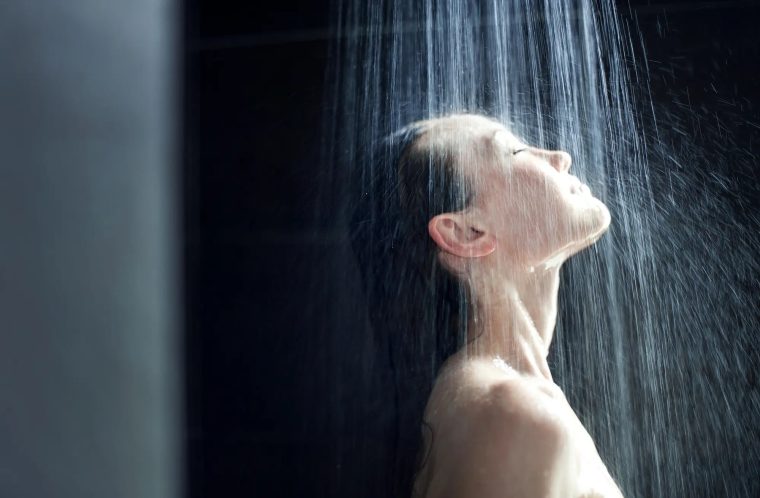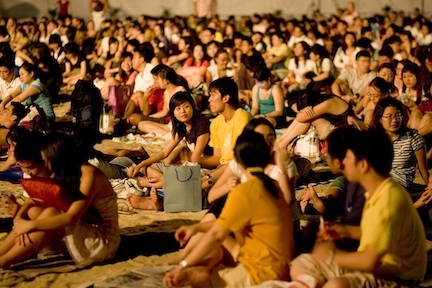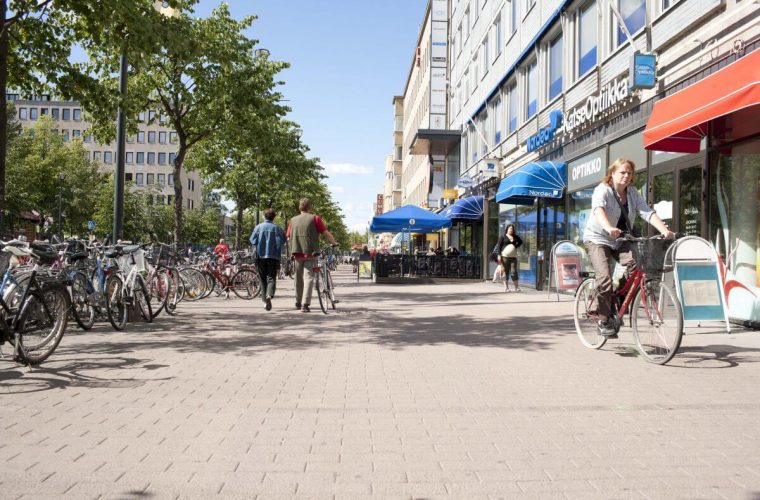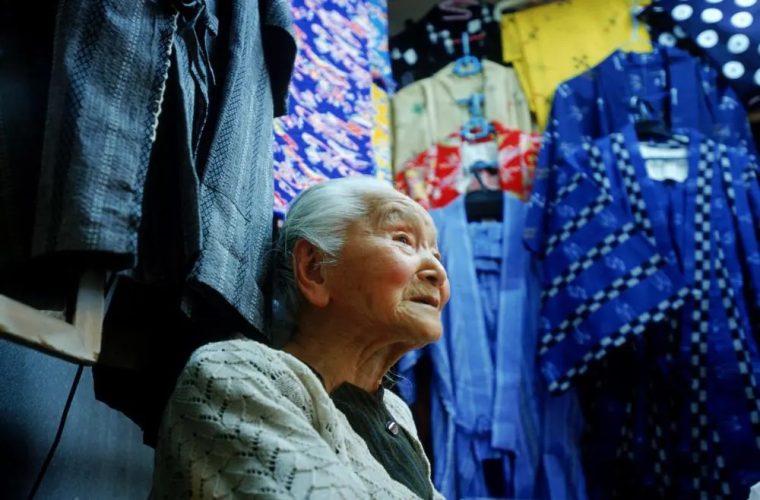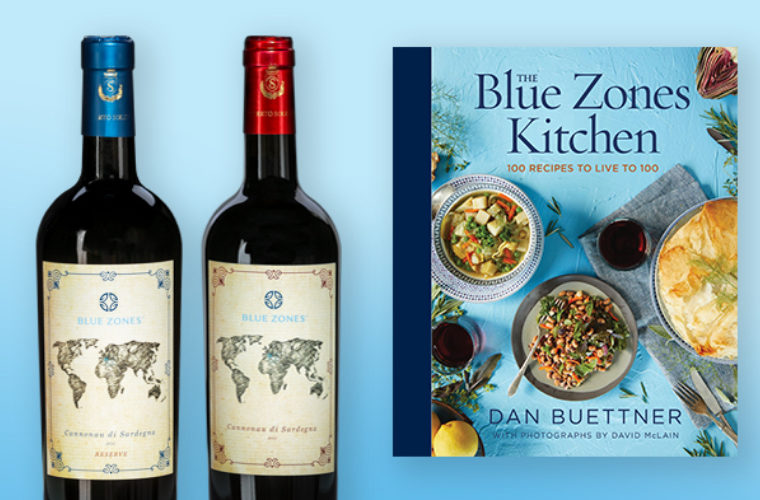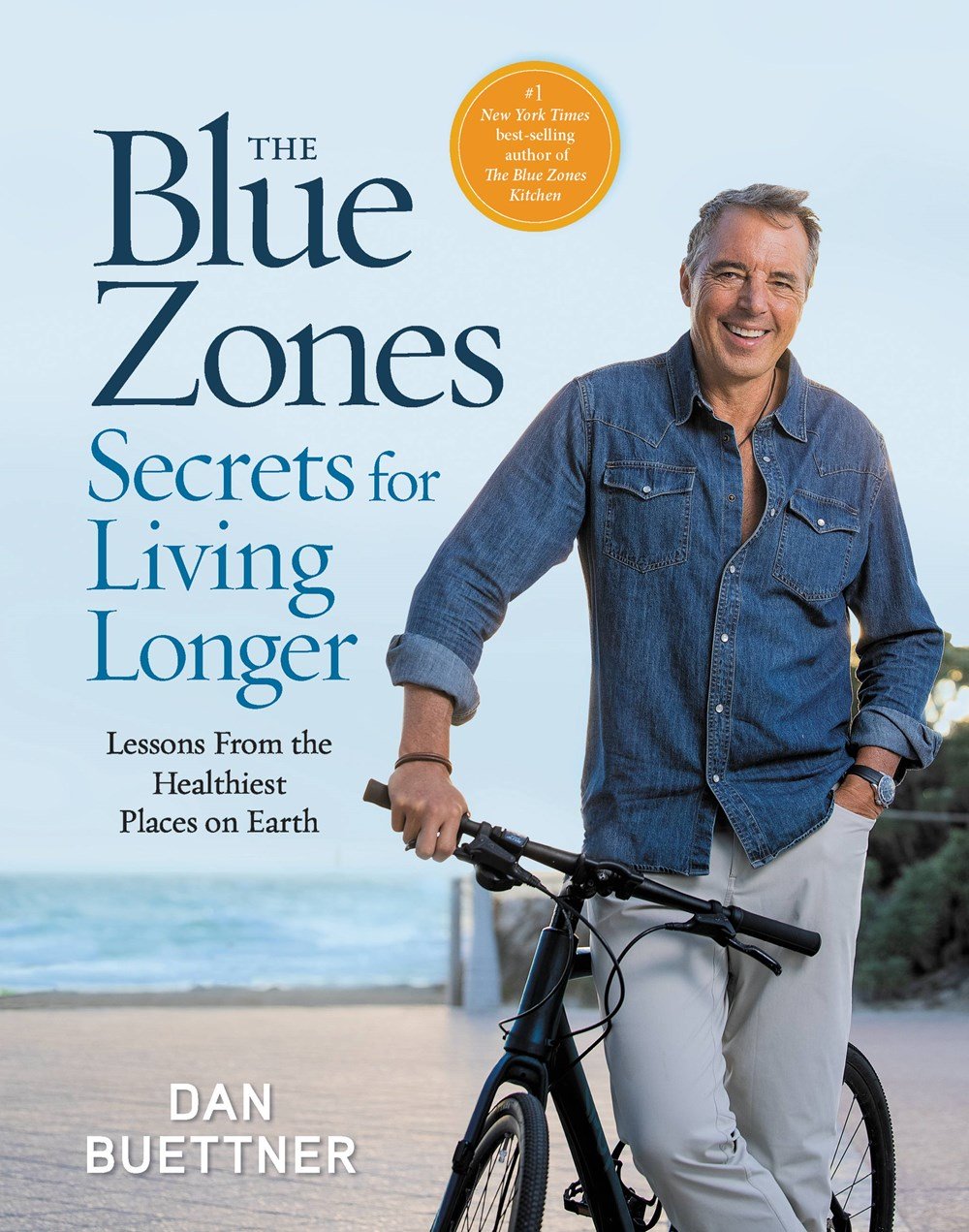Instead, Hamblin’s soap-less adventures form the centerpiece of his excellent new book, Clean: The New Science of Skin. Other than washing his hands, James hasn’t used soap, shampoo, conditioner, or moisturizer for five years. And while he does step into the shower from time to time it’s more of a rinse off than the product-addled ablutions most of us practice.
Hamblin’s experiment provided the perfect artifice to drive home the central thesis of his book: That the vast majority of products we use on our skin do no good at all in beating back the trillion or so microbes on our bodies. We can scrub ourselves all day long and the bugs just come back, including the D. folliculorum — mites that live in our pores, feed off our dead skin and die if they eat too much (apparently they don’t have an anus). In fact, we need these microbes as much as they need us—the do everything from keeping acne at bay to modulating inflammation.
Clean takes us on a trip through history exploring the origins of cleanliness (Muslims bathed more than Christians) and soap (not used much until about 100 years ago). Hamblin fuses his deep knowledge of the body along with his story-telling skills to help us find the sweet spot between targeted hygiene and meaningful interaction.
In the end Clean—and Hamblin’s experiment—have been an unmitigated success: His book is already an Amazon Bestseller and the absence of soap has done nothing but improve his love life. Last year, his girlfriend consented to marry him. Yager claims she actually likes his scent: “He smells like a human,” she said.
Dan Buettner: I remember you came over to my house for dinner. I think it was five years ago. And you told us that you were going to stop showering, and that raised eyebrows all around the table. Do you remember that?
James Hamlin, MD: I do. I guess that was right about then. It’s a real conversation starter.
DB: Well it made people lean in. So, are you done showering forever now?
JH: I just use water — just a quick spritz just to wake myself up and make my hair lay down. And I rub my face because it turns out you can exfoliate just by scrubbing it, so I manually do it. So that’s now part of a regimen, especially during the pandemic. I think the ritual aspect of showering was something that was lost on me before this time when there was less to mark the beginnings and ends of days. As I interviewed people about why they do the rituals that they do and the showering patterns that they do, it turned out to be a big part of it. It wasn’t always just to look or smell good. I understand that better now that we have so much less variety to our days.
DB: If you’re not showering to start your day or end the day, do you replace that with new rituals?
JH: Some people who have given up showering have found ways to get their day started. That could be something like meditation, yoga, going for a walk, or a cup of coffee. I think we want a mix of routine and novelty, and before bed and in the morning are times when it’s good for us to have a routine to separate the time when we are sleeping and recharging from the time we’re going out being productive. But I just encourage people to think creatively about how we use that ritual and what it is serving. How is it serving us? It doesn’t have to be by lathering up your skin with some sort of soap product.
DB: Reading this book and learning about the history of cleaning, the history of soap, and your adventures with different skincare and soap manufacturers, you emerge with sort of a dim view of skincare products. Of all the skincare products that you encounter, what was the most useful?
JH: I’m not saying skincare products are good or bad any more than Michael Pollan or you are saying that food is good or bad, but that we really need to think about what it’s bringing to our lives, how we’re balancing the ingredients, how much we enjoy it, and how we’re consuming it. We should think of it more like that because it’s culturally important. It’s something we enjoy. It can be a luxury, sometimes. It can just be done for utility in the same way you might eat something nutritious you don’t like. There’s a lot of overlap there.
And I think what matters most is really that we’re deliberate about how and why we’re doing it and maximizing things that bring us joy and health and getting rid of the things that don’t. Because we’re made to think we need to do certain things because of marketing, but in fact, we can be very healthy and possibly even healthier without them.
DB: It sounds to me like you’re putting skincare products sort of in the same category as ice cream.
JH: No, I really think it’s more like food. I think there are some skincare products that are like ice cream.
DB: We’ll extend the metaphor. So, what skincare product is broccoli?
JH: That’s probably a hand soap. You really can’t go wrong and it’s really important. If you enjoy washing your hands, good, but you’re probably part of the minority.
DB: I actually do like it sometimes. That warm feeling, and when you’ve been touching something that’s been filthy, it’s a good feeling coming off.
JH: That’s true. Eating broccoli sometimes feels good, but it’s not most people’s favorite food.
DB: All right. So, then what is ice cream?
JH: Maybe facial serum. These are things that if you enjoy it and want as part of your life, then great. But if you want to go without it, you can.
DB: But it’s just an indulgence, and not going to really do any good for your skin.
JH: I hate to say that because some people buy into these things. For the most part, maybe a body wash [is more like ice cream]. Maybe that’s a better way to put it, or even combine the two. You really are fine without them but if you enjoy using it, use it in moderation.
DB: And then what’s the Mountain Dew? I mean the thing we know is not good for us. What is the most useless or harmful skin product?
JH: That’s a good question. I’m going to go with antimicrobial soap and I go through this in the book in more detail. Every time we’ve tried to put an antibiotic in soap, it has given us a false sense of security. It is unleashed into our environment. It has not had health benefits and has probably had bad health consequences. We now find triclosan in all of our bodies. The real benefit of washing your hands comes from scrubbing. It’s like brushing your teeth. You can’t just put the toothpaste on a toothbrush and put it in your mouth and just expect your teeth to get clean. It involves the brushing and the soap is there to help facilitate and help break the bonds of the oils from your skin.
DB: How about the anti-aging products? Are there any legitimate anti-aging creams?
JH: Well, it depends on how you define aging. I think there might be things that can help your skin temporarily look less dry, which people will see with aging. Your skin might look smoother, but you can’t add collagen into the dermis of your skin. The really important point is that most of us are looking for things that can help our skin look better.
But really, the things you do on a day to day basis that actually improves the appearance of your skin include your overall health, your level of stress, how you’re eating, how you are sleeping. I know it’s easier said than done to correct those things. But I think too many of us are focused on some quick, superficial fix when in fact, we all know the feeling of being on vacation, getting a great night’s sleep, eating well, being relaxed and looking in the mirror and realizing you look younger than you did after that long work week.
DB: You’re sort of speaking to your demographic, which is post-acne and pre-wrinkles. What about the people over 60 who are seeing their skin wrinkle and thin. Is there anything for them?
JH: Well, I think the same is true. As your skin ages, you lose collagen over time and your skin is thinner. Part of that is unavoidable. But the more you can do to maintain a healthy lifestyle with the healthy diet, the strong social support, the low stress, and the active lifestyle, you’re going to make the most out of every organ that you have including the skin. The skin is just the one that you see. You see this manifestation of bad health, but it’s affecting the function of all the other organs, too.
I think it’s equivalent to taking a multivitamin. Maybe there are some benefits, and for some people it might help a little bit, but if it makes you eat worse or makes you feel like you don’t need to pay attention to what you’re eating, then that effect could even be negative. Because if you’re smoking a pack a day and that’s aging your skin and your teeth are yellow, then the solution is probably not tooth whitening and skin products.
DB: That’s so inconvenient, though.
JH: I know.
DB: In the book, you talk about a balance of targeted hygiene and meaningful exposure to the world. How do we achieve that?
JH: That’s the question of the moment, right? It’s kind of like the question of opening schools — trying to get kids out and exposed to the world and develop their immune systems without exposing them to a deadly dangerous thing. Ideally, we would have a lot of healthy, open space where people could go and be exposed to nature and to animals and clean air and clean soil. We have some of that in this country, some park systems and in public land, but we don’t have quite enough for everyone to go do that right now. Not everyone can move to farms. Not everyone can get pandemic puppies. It follows the general pattern of trying to focus on hand washing, mask-wearing, and the evidence-based approaches and not taking it so far with a completely sterile, isolated existence.
DB: Even though you’ve not really showered with soap for five years, what do you recommend to the average person? Is there a sweet spot between the ideal and what people would do? What do you recommend when it comes to washing or showering?
JH: It’s really like diet that if people want to do less, they can. Everyone should be washing their hands meticulously and everyone should be brushing their teeth. Sunscreen is also up there as one of the few imperatives. Beyond that, you can do as little as you feel you want to do. Beyond that, focus more on overall health and lifestyle if you’re concerned about your skin. Focus less on topical products unless they specifically bring you joy.
DB: Are you essentially saying that it really doesn’t make sense for people to shower with soap? I know it’s okay to do so, but are you saying that we really don’t need it?
JH: We are a product of our environment. I think many people are overusing these things and get into a vicious cycle of overuse where they’re actually making their skin worse and into a cycle of using more products to counteract the effects of other products. It can be essentially addictive. These companies sell us shampoo to drive oils off of our hair and then conditioner to replace those oils, and body washes to wash off the oils and moisturizers to put them back. What I do think people can do is at least partially break out of those cycles if they’re having problems.
I’m not saying to completely go off these things or that those products are all good or all bad, but it’s like a coffee and alcohol thing where people can get in these cycles of drinking five cups of coffee and then needing five glasses of wine to ease down at night. Instead, essentially what they needed was to cut back on both. I think people should keep an eye out for that and almost everyone could do less if they want to.
DB: How about COVID? You do advocate for washing your hands with soap but how about showering with soap during times of COVID?
JH: I don’t think that’s an effective prevention strategy for COVID any more than covering your body in hand sanitizer would be. When I talk about not showering, people find that ridiculous. But if you suggest using hand sanitizer over your entire body, people also find that ridiculous. I think the difference there is just in tradition and what’s been marketed to us.
DB: If you’re a doctor and you’re working in a COVID ward, don’t you think you should go home and shower with soap?
JH: Yes, probably if you’re in an extremely high exposure situation.
DB: People in Blue Zones regions rarely bathe every day and when they do, they use very little soap. You don’t see all kinds of plastic products up in the highlands of Sardinia. Do you think that helps with their longevity?
JH: I can say that living a healthy lifestyle we know is associated with all of the things that we seem to want out of our skin, which is looking better, feeling better, and smelling better. Probably there’s a sort of symbiosis that where if you’re living a healthy lifestyle, low stress, getting a lot of sleep, and eating well then maybe you would end up turning to topical products less, in the same way you are probably turning to pharmaceuticals less.
DB: You talked about the Amish and the Yanomami in Clean. Can you sum those up for us again?
JH: Researchers are trying to understand why there are certain populations that have fewer allergic and inflammatory conditions than others. It seems to be associated with people’s exposure in early lives to microbes in the environment that then become part of your microbiome on your skin and in your gut and help shape your immune system. Amish people have barns that are attached to their homes or very near their homes. They are working in the dirt, working with a lot of animals, and have large families.
They are still washing things that need to be washed and have proper sanitation systems, but they are generally just more exposed than kids that are raised in a high-rise in New York. The idea is that those exposures help create a healthy immune system that lasts their whole life.
DB: When things get out of balance on your skin, does the ensuing inflammation also go into your body?
JH: These inflammatory processes are never just isolated to the skin. When the skin is inflamed, you’ll have at least some remnant of inflammatory molecules evidence elsewhere. It doesn’t mean your whole body is in some state of extreme inflammation but the body knows when something is awry and that is why the inflammatory process is reacting to changes on the skin. That’s why many allergic inflammatory conditions can run together. People who have atopic dermatitis are likely to have food allergies and are also likely to have inflammatory conditions in the gut. Some people have only one, but they tend to run together.
DB: What mistakes do the average person make to create skin inflammation?
JH: I think certainly some people overwash their skin apart from the hands. Certainly there’s overuse of topical steroids and antibiotics that could essentially throw things off. It’s really overuse. I can’t stress that enough. Sometimes these things are necessary and very vital tools. But sometimes something that can be a source of great good can also be overdone or can cause injury. That’s what we need to be more deliberate about.
DB: Final question. What was the most interesting or surprising thing you learned writing Clean?
JH: It was really the trillions of microbes all over our skin, our largest organ. I really had not thought before about how I was never clean in the sense of being sterile, because we’re always covered in microbes which are important and most are doing something helpful for us.
Obviously, soap and hygiene have been one of the greatest advancements in modern health and possibly the greatest medicine you would have. Soap and water are for the hands and yet, we also don’t want to destroy all the microbes in our skin microbiome. They are there for a reason.
DB: Thanks, James. This was fascinating!
